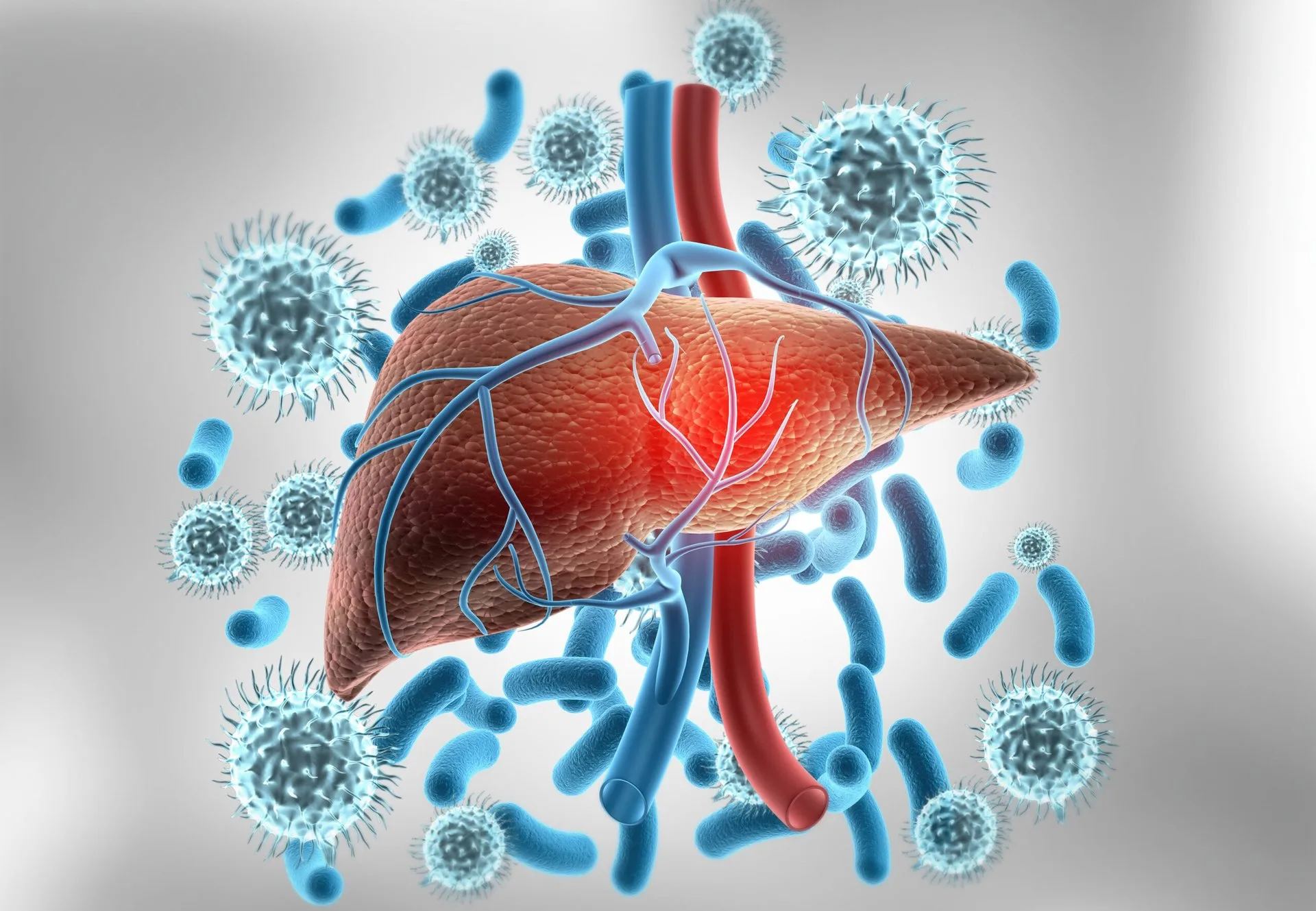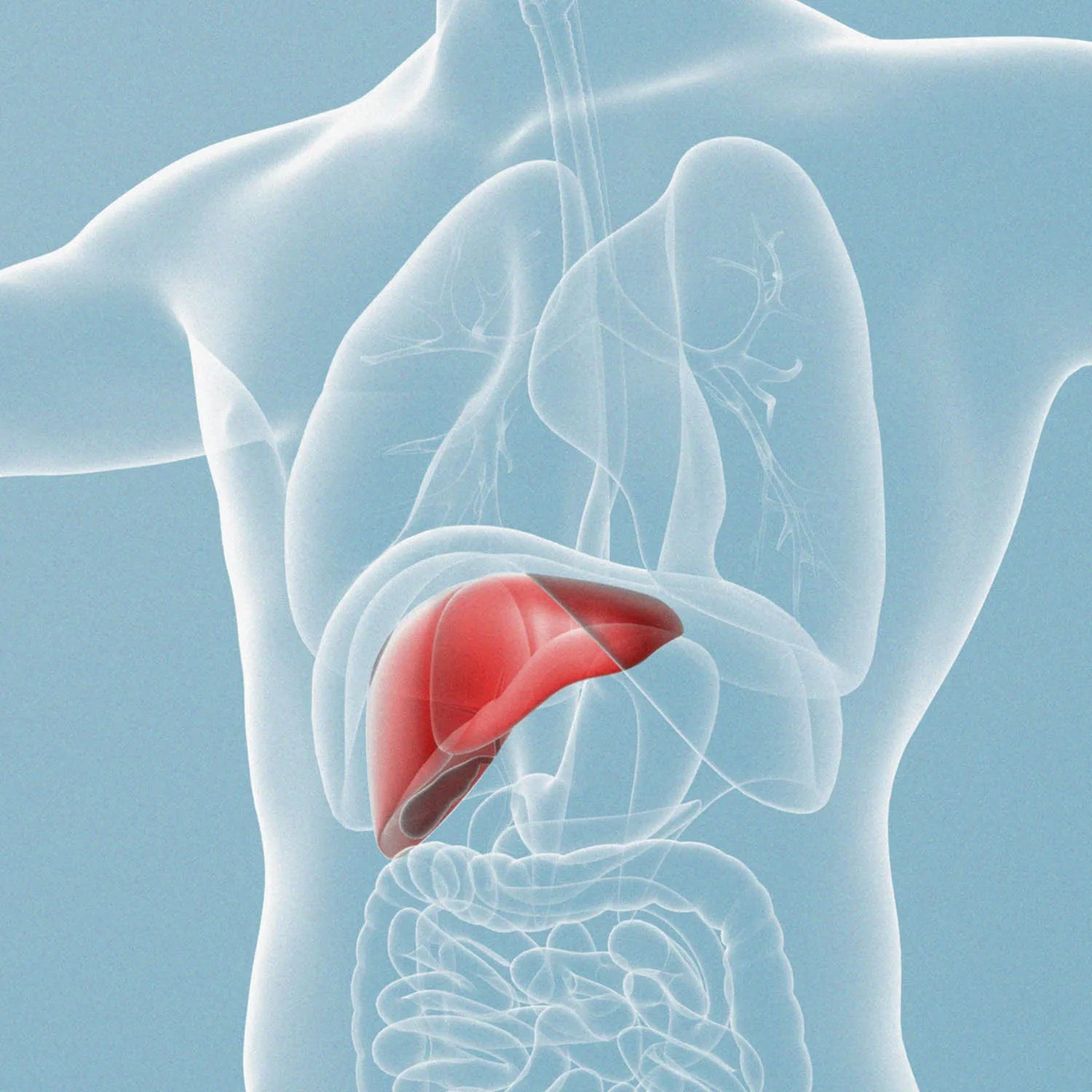How is Hepatitis C transmitted?
Hepatitis C is primarily transmitted through contact with infected blood. Key points of transmission include:
- Sharing Needles: Using needles or syringes contaminated with HCV, common among people who inject drugs.
- Blood Transfusions and Organ Transplants: Before 1992, when screening for HCV was not available. Now, this risk is very low due to rigorous screening.
- Healthcare Exposures: Accidental needle sticks or improper sterilization of medical equipment.
- Mother-to-Child: An infected mother can pass the virus to her baby during childbirth, though this is less common.
- Sexual Contact: Although less common, HCV can be transmitted through sexual contact, especially among individuals with multiple sexual partners or those who engage in rough sex that causes bleeding.
- Sharing Personal Items: Items such as razors or toothbrushes that may be contaminated with infected blood.
What are the symptoms of Hepatitis C infections?
Many people with Hepatitis C do not exhibit symptoms, especially in the early stages. When symptoms do occur, they typically appear 2 weeks to 6 months after exposure to the virus. Common symptoms include:
- Fatigue
- Fever
- Loss of appetite
- Nausea and vomiting
- Abdominal pain, especially near the liver
- Dark urine
- Clay-colored stool
- Joint pain
- Yellowing of the skin and eyes (jaundice)
What are the complications of untreated Hepatitis C?
If left untreated, Hepatitis C can lead to serious health complications, including:
- Chronic Hepatitis C (lasting more than six months)
- Liver cirrhosis (scarring of the liver)
- Liver failure
- Liver cancer
- Increased risk of other liver-related diseases
How is Hepatitis C diagnosed?
Hepatitis C is diagnosed through blood tests that detect the presence of the virus or antibodies against it. Common tests include:
- Anti-HCV Antibody Test: Indicates exposure to the virus. If positive, further testing is required to confirm current infection.
- HCV RNA Test: Detects the presence of the virus in the blood, confirming an active infection.
- HCV Genotype Test: Determines the specific strain of the virus, which helps guide treatment.
- Liver Function Tests: To assess liver damage.
How is Hepatitis C treated?
Treatment for Hepatitis C has advanced significantly in recent years. Antiviral medications can cure most cases of Hepatitis C, typically with a treatment course lasting 8 to 12 weeks. Commonly used medications include:
- Direct-Acting Antivirals (DAAs): These are highly effective and have fewer side effects compared to older treatments.
It is essential to complete the full course of medication and follow up with healthcare providers to ensure the infection is cleared.
Can Hepatitis C be prevented?
Hepatitis C can be prevented through various methods:
- Avoid Sharing Needles: Do not share needles, syringes, or other drug-injection equipment.
- Safe Healthcare Practices: Ensure that medical equipment is properly sterilized and follow safety protocols in healthcare settings.
- Blood Screening: Ensure that blood and blood products are screened for HCV.
- Safe Sexual Practices: Use condoms to reduce the risk of transmission through sexual contact, especially if you have multiple partners.
- Avoid Sharing Personal Items: Do not share razors, toothbrushes, or other personal items that may come into contact with blood.






